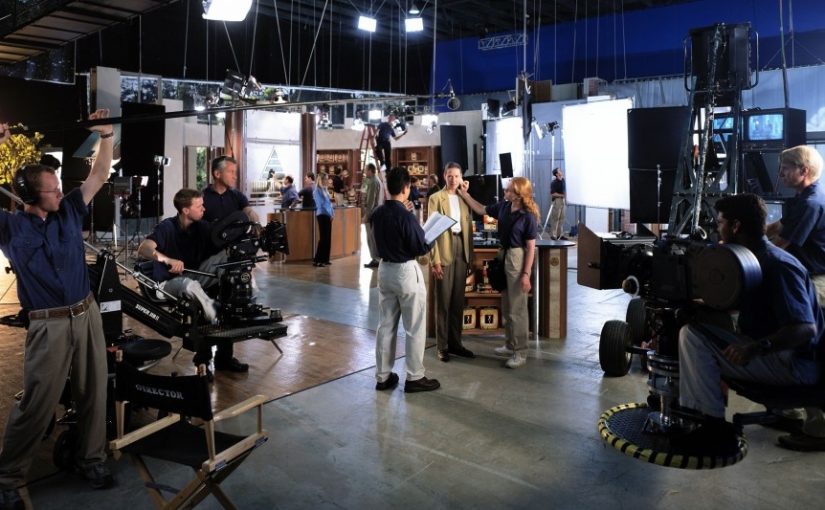By Lauren A. James-Spielman
Have you ever wondered how nonprofits and charities get the funds they need to complete their projects? Grants are given to these organizations by donors to support their missions of activism and social change. Grant Writers, therefore, play a vital role in the nonprofit and local community realm, using clear and specific language to persuade the reader of a grant application to provide the funds needed for potentially life-changing projects to come to fruition. Because of the wide range of programs, those who decide to pursue the path of grant writing can work in fields that are meaningful to them, including immigration, housing, food inequity, social justice, and more.
Grant writing is no easy task, but it does typically follow the same format. Those providing the grant (Grantmakers) will have specific rules that may differ from one another, but they will always want to see the following:
- A short summary of your proposal that lays out the problem you are solving
- The plan for the work you intend to carry out
- A broad outline of the budget, distinguishing direct and indirect costs
- The qualifications and experience of those carrying out this project
Despite the job title, there’s more to grant writing than just writing. In order to begin the process of developing a grant, extensive research is necessary to make your proposal as comprehensive as possible. This includes researching the impact of your project, the projects of adjacent organizations, related grants that have been accepted in recent years, and that only scratches the surface. It doesn’t just end with the grant itself, either. Tracking the progress and success of a grant makes it possible for other grants to be made for both your own organization and for others in the field who hope to also receive funding.
If you’re interested in becoming a grant writer, you’re already off to a great start if you’re enrolled here at Lawrence! Most positions require a bachelor’ degree, and majoring in a relevant field like English, creative writing, or any major that helps develop your writing skills can lay a strong foundation. However, the best way to begin grant writing is to get experience. Many organizations are looking for volunteers to help with their grant writing, so researching your local nonprofits can help you begin your journey and develop valuable connections.
Works Cited:
https://www.gcu.edu/blog/language-communication/what-grant-writer



